5 Sleep Habits Essential for Heart Health

(Family Features) In the days following a time change due to daylight saving time, research shows a marked increase in heart attacks and strokes. However, losing sleep anytime can be a major risk factor for cardiovascular disease.
“Getting a good night’s sleep every night is vital to cardiovascular health,” said Donald M. Lloyd-Jones, M.D., Sc.M., FAHA, past volunteer president of the American Heart Association and chair of the department of preventive medicine, the Eileen M. Foell Professor of Heart Research and professor of preventive medicine, medicine and pediatrics at Northwestern University’s Feinberg School of Medicine. “Adults should aim for an average of 7-9 hours and babies and kids need more depending on their age. Unfortunately, we know as many as 1 in 3 people do not get their recommended amount of sleep each night.”
According to Lloyd-Jones, the amount of sleep and quality of sleep are important, and both can have significant impacts on cardiovascular health, as well as overall health. In addition to increasing risk for cardiovascular conditions like heart attack and stroke, lack of sleep may also put people at risk of things like depression, cognitive decline and obesity.
Research in the “Journal of the American Heart Association” shows maintaining a consistent sleep pattern may play an important role in preventing cardiovascular disease. Researchers found falling asleep at different times or sleeping an inconsistent number of hours each night, even variations of more than two hours a night within the same week, were tied to developing hardened arteries, known as atherosclerosis.
“We know people who get adequate sleep manage other health factors better as well, such as weight, blood sugar and blood pressure,” Lloyd-Jones said. “The American Heart Association recently added sleep to the list of factors that support optimal cardiovascular health. We call these Life’s Essential 8 and they include eating a healthy diet, not smoking or vaping, being physically active and getting adequate sleep, along with controlling your blood pressure and maintaining healthy levels of cholesterol and lipids, healthy blood sugar levels and a healthy weight.”
Consider these small changes in daily habits that can make a big difference in sleep quality:
- Make healthy living a habit: Eat a balanced diet, get regular physical activity and manage stress to support a healthier night’s sleep.
- Set the alarm for morning and night: Stick to specific times to go to bed and wake up each day and commit to a consistent sleep schedule as much as possible. Along with a wake-up alarm, try a bedtime alarm to indicate it’s time to start winding down.
- Establish bedtime habits: Once your bedtime alarm goes off, move into a familiar ritual, like brushing your teeth, washing your face or taking a warm bath.
- Relax and unwind: Take a few minutes to destress. Consider reading, journaling, meditating or listening to music to ease into a good night’s rest.
- Take a technology break: A bedroom free of light and technology equates to better sleep, so keep your phone and other devices away from the bed. Try logging off your electronic devices at least an hour before bedtime.
Learn more about the importance of sleep for heart health at heart.org.
Photo courtesy of Getty Images
American Heart Association [tab]
Planning a Balanced, Plant-Based Diet for Kids

(Family Features) Caregivers who follow a vegetarian, vegan or other plant-based diet may wonder whether it’s wise for their children to follow the same eating plan.
A well-balanced vegetarian diet can meet a baby or child’s needs, although it’s important to make sure children eating plant-based diets are getting enough protein-rich plant foods and other essential nutrients, according to Malina Malkani, MS, RDN, CDN.
If you’re contemplating a plant-based diet for your child, you can learn more about the essential nutrients every child needs with this insight from Malkani and the nutrition experts at Plum Organics.
Iron
Starting at about 6 months, babies’ iron reserves are low and they need iron from food sources. Iron is essential for brain development and healthy immune systems, as well as overall growth. Heme iron from animal-based foods is absorbed better than non-heme iron found in plant foods, but you can increase the absorption of non-heme iron by offering meals that include a plant source of iron – found in foods like beans, legumes, quinoa, chia seeds, leafy greens, nuts, nut butters and tofu – and a vitamin C-rich food, such as broccoli, strawberries or cantaloupe. Vitamin C helps boost non-heme iron absorption.
 Vitamin B12
Vitamin B12
Important for development of the nervous system, vitamin B12 also plays a role in the prevention of anemia and affects some behavior and mood regulation. Dietary sources of B12 include primarily animal products (meat, fish, eggs and milk), although some B12 can be found in nutritional yeast and fortified cereals. Infants likely get enough vitamin B12 from breast milk or formula, but as their milk intake begins to taper between 9-12 months, vegan babies may benefit from supplementation.
Vitamin D
Most people know vitamin D is good for strengthening teeth and bones, but it also supports calcium absorption and promotes optimal functioning of the immune system. The only known naturally occurring plant-based food source of vitamin D is some varieties of mushrooms. Formula-fed infants drinking more than 32 fluid ounces do not generally need a supplement, but breastfeeding infants may need to be supplemented.
Omega-3 Fatty Acids
These essential fatty acids are important for brain development, learning and behavior. There are three types of omega-3s, including EPA, DHA and ALA. EPA and DHA, the most critical, are found mainly in fish or algae. Breast milk and formula often contain omega-3s, as well.
For plant-based tots who don’t eat fish, the ALA in foods like chia seeds, flax seeds and walnuts can be an important source of omega-3 fatty acids. Consider an option like the Mango & Pineapple, White Bean, Butternut Squash & Oats blend from Plum Organics, which provides omega-3 ALA from chia seeds and offers a convenient way to add important nutrients to a toddler’s plant-based diet.
Calcium
Calcium is important for strengthening bones and teeth, as well as muscular and nervous systems and heart function. For most infants, formula, breast milk or a combination of the two will provide adequate intake of calcium. Plant-based dietary sources of calcium include tofu, beans, fortified cereals, green leafy vegetables, tahini, sesame seeds and almond butter.
Zinc
In addition to the important role it plays in immune health, overall growth and development, zinc is a vital component of cell turnover and repair. Breast milk provides adequate zinc to meet a baby’s needs, but over time the concentration of zinc in breast milk decreases (even if the mother takes supplements). Whole grains, fortified breakfast cereals, beans, legumes, chickpeas and nuts are all plant-based sources of zinc.
Protein
Most children who eat plant-based diets easily meet their needs for protein, which is essential for adequate growth and development. Plant-based baby food blends like the Carrot, Sweet Potato, Corn, Pea and Chicken pouches from Plum Organics offer a no-mess, portable way to provide about 18% of an average 6-12-month-old’s daily protein needs. Other sources of plant-based protein include beans, legumes, whole grains, vegetables, nuts, seeds and soy.
Caregivers should speak with their pediatricians or registered dietitians about any nutrition-related concerns and always consult them before starting any supplements. Find more information to support your child’s nutrition needs at plumorganics.com.
Photos courtesy of Getty Images
Plum Organics [tab]
Dishing Out the Facts on Good Fats
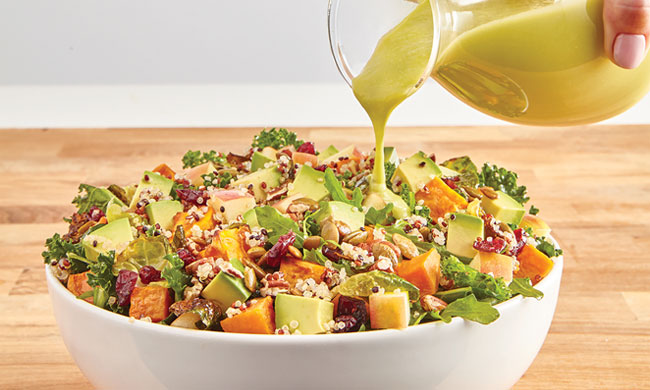
(Family Features) For those seeking to be more health-conscious, the idea of eating nutritiously seems simple. However, understanding what’s truly “good for you” can sometimes be confusing.
In honor of National Nutrition Month and Healthy Fats Day, Avocados From Mexico is sharing how avocados – a delicious food and source of good fats and several vitamins – make everything better. Avocados From Mexico conducted a survey and found that while 76% of respondents believe fat is an essential component of a healthy diet, less than one-third are confident they know why it’s important to have “good fats” in their diets.
For starters, according to the survey, nearly half of Americans didn’t realize foods with good fats, like avocados, can help with weight management. However, monounsaturated and polyunsaturated fats found in avocados can lower the risk of becoming overweight, according to research published in “Nutrients.”
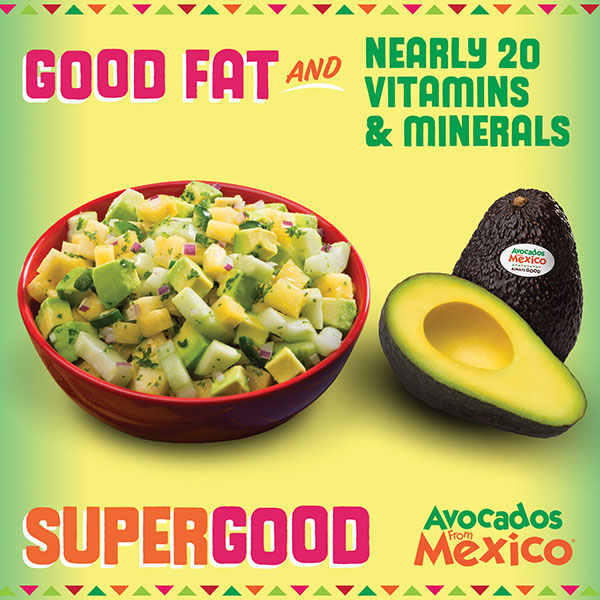 “Most people are aware of the Mediterranean Diet, but nearly half (40%) of survey respondents didn’t realize that this eating pattern does not limit fat coming from plantsources like avocados,” said nutrition expert and registered dietitianBarbara Ruhs. “These types of unsaturated good fats are also recommended by the American Heart Association for heart health. Eating avocados in place of foods containing saturated fat is an easy and delicious way to approach healthy eating.”
“Most people are aware of the Mediterranean Diet, but nearly half (40%) of survey respondents didn’t realize that this eating pattern does not limit fat coming from plantsources like avocados,” said nutrition expert and registered dietitianBarbara Ruhs. “These types of unsaturated good fats are also recommended by the American Heart Association for heart health. Eating avocados in place of foods containing saturated fat is an easy and delicious way to approach healthy eating.”
Virtually the only fresh fruit with good fats, avocados can help people meet both good fat and fruit and vegetable recommendations in the same bite with approximately 6 grams of good fats per serving (one-third of a medium avocado). They are nutrient-dense, making avocados a delicious food with super benefits. Avocados are also free of cholesterol and sodium and have nearly 20 vitamins and minerals.
Another finding from the survey is that while people believe fat is essential to a healthy diet, one-third of survey respondents believe saturated and trans fats are associated with health benefits, indicating confusion about the various types of fats. Many Americans need to balance their overall fat intake by reducing “bad” or saturated fat intake and increasing “good” or unsaturated (monounsaturated and polyunsaturated) fat intake. Replacing saturated fats with unsaturated fats can help reduce LDL, or bad cholesterol levels.
Dietary fat helps the body absorb vitamins A, D, E, and K. These vitamins are fat soluble, which means they can only be absorbed by the body with the help of fats. Per one-third of a medium avocado (50 grams), avocados contribute 6 grams of unsaturated fats, which are known to be essential for normal growth and development of the central nervous system and brain.
Make good fats a part of your next trip to the grocery store with this avocado-inspired Harvest Bowl Salad with Balsamic Vinaigrette certified by the American Heart Association’s Heart-Check Food Certification Program.
To find more nutritional facts and figures, along with recipes, visit AvocadosFromMexico.com.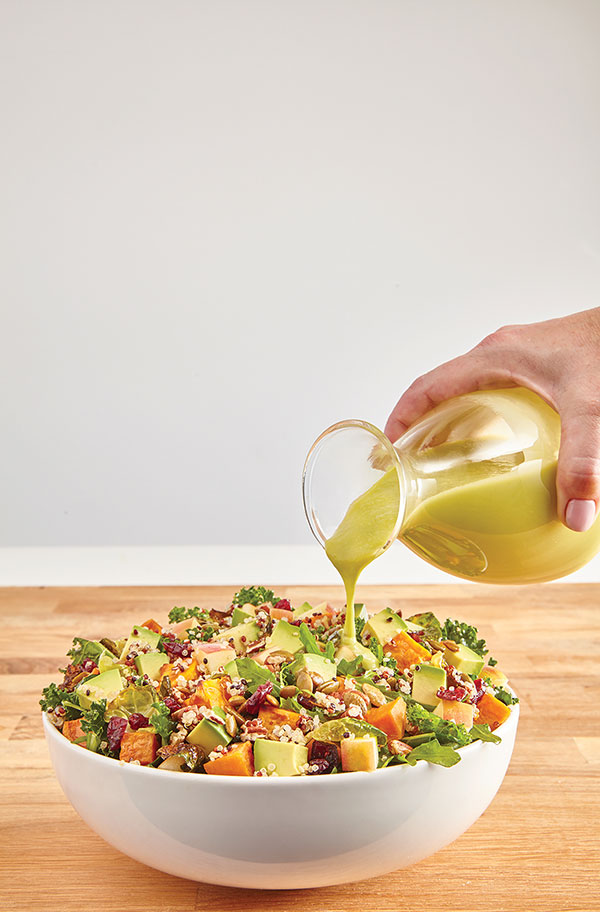
Harvest Bowl Salad with Balsamic Vinaigrette
Servings: 8
Balsamic Vinaigrette:
- 1/2 Avocado From Mexico, diced
- 1 tablespoon avocado oil
- 2 tablespoons shallots, minced
- 1 tablespoon Dijon mustard
- 3 tablespoons white balsamic vinegar
- 1 tablespoon honey
- 3 tablespoons water
Salad:
- 2 Avocados From Mexico, diced
- 2 sweet potatoes, roasted and diced
- 2 cups quinoa, cooked
- 2 cups arugula
- 2 cups kale
- 1 cup Brussels sprouts petals, roasted
- 2 Honeycrisp apples, diced
- 2 tablespoons roasted pecans, unsalted
- 2 tablespoons roasted pepitas, unsalted
- 2 tablespoons dried cranberries
- To make balsamic vinaigrette: In food processor, process avocado, avocado oil, shallots, Dijon mustard, balsamic vinegar, honey and water to smooth consistency. Set aside.
- To make salad: In large bowl, combine avocados, sweet potatoes, quinoa, arugula, kale, Brussels sprouts petals, apples, pecans, pepitas and dried cranberries. Pour balsamic vinaigrette over salad mixture.
- Toss salad to coat. Keep refrigerated until ready to serve.
Nutritional information per serving: 390 calories; 16 g total fat; 0 g saturated fat; 0 g cholesterol; 370 mg sodium; 55 g total carbohydrates; 11 g dietary fiber; 12 g sugar; 15 g protein.
Avocados From Mexico
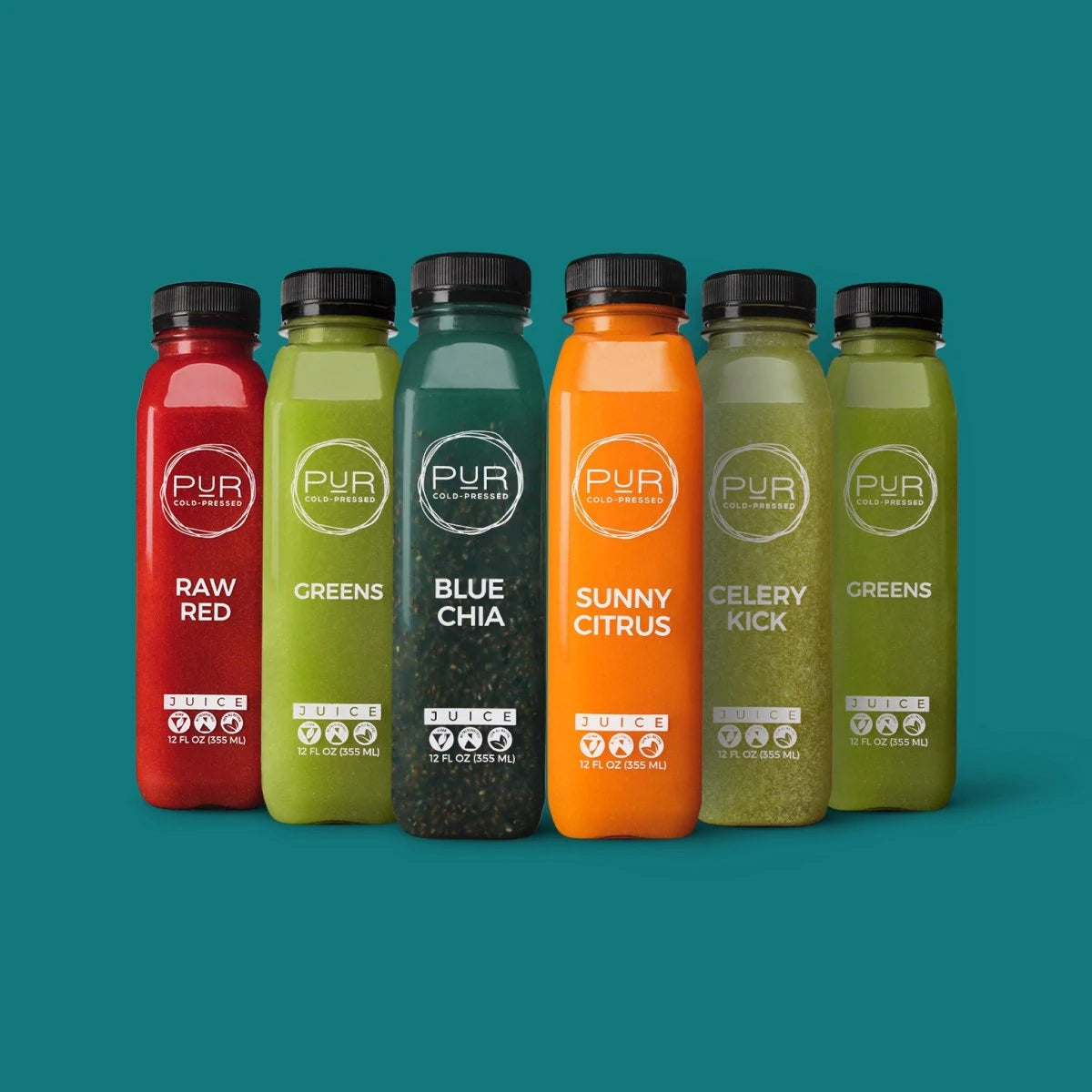
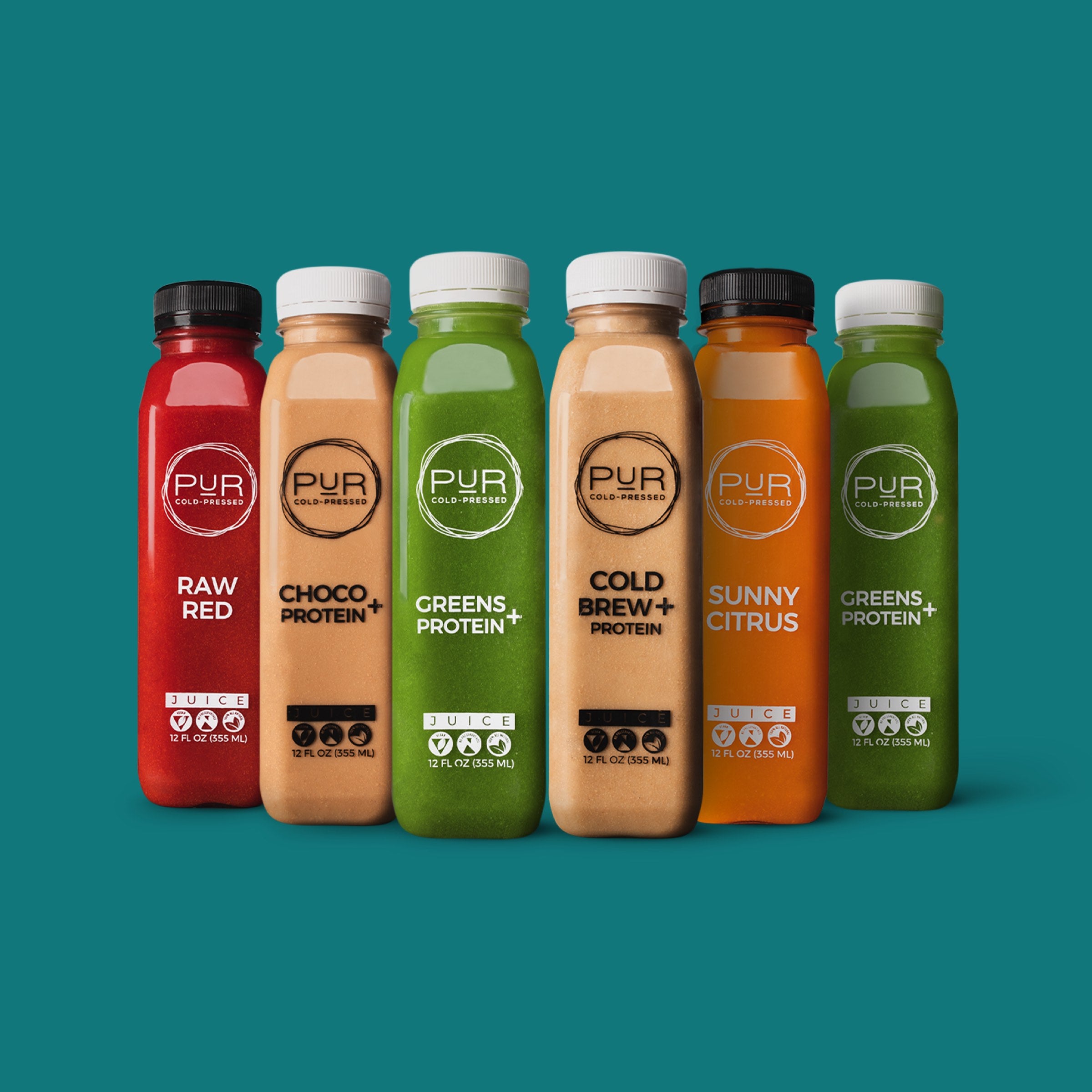
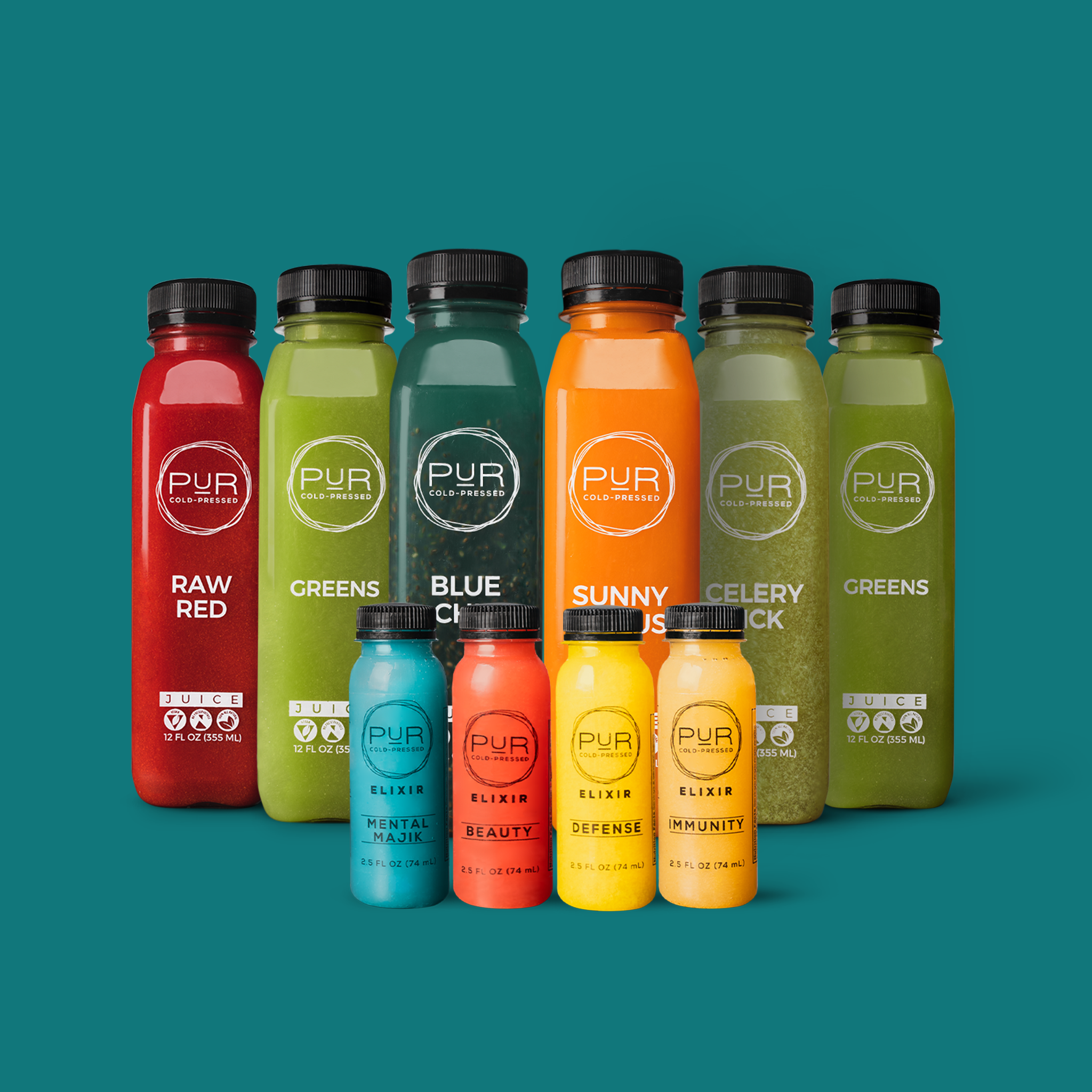
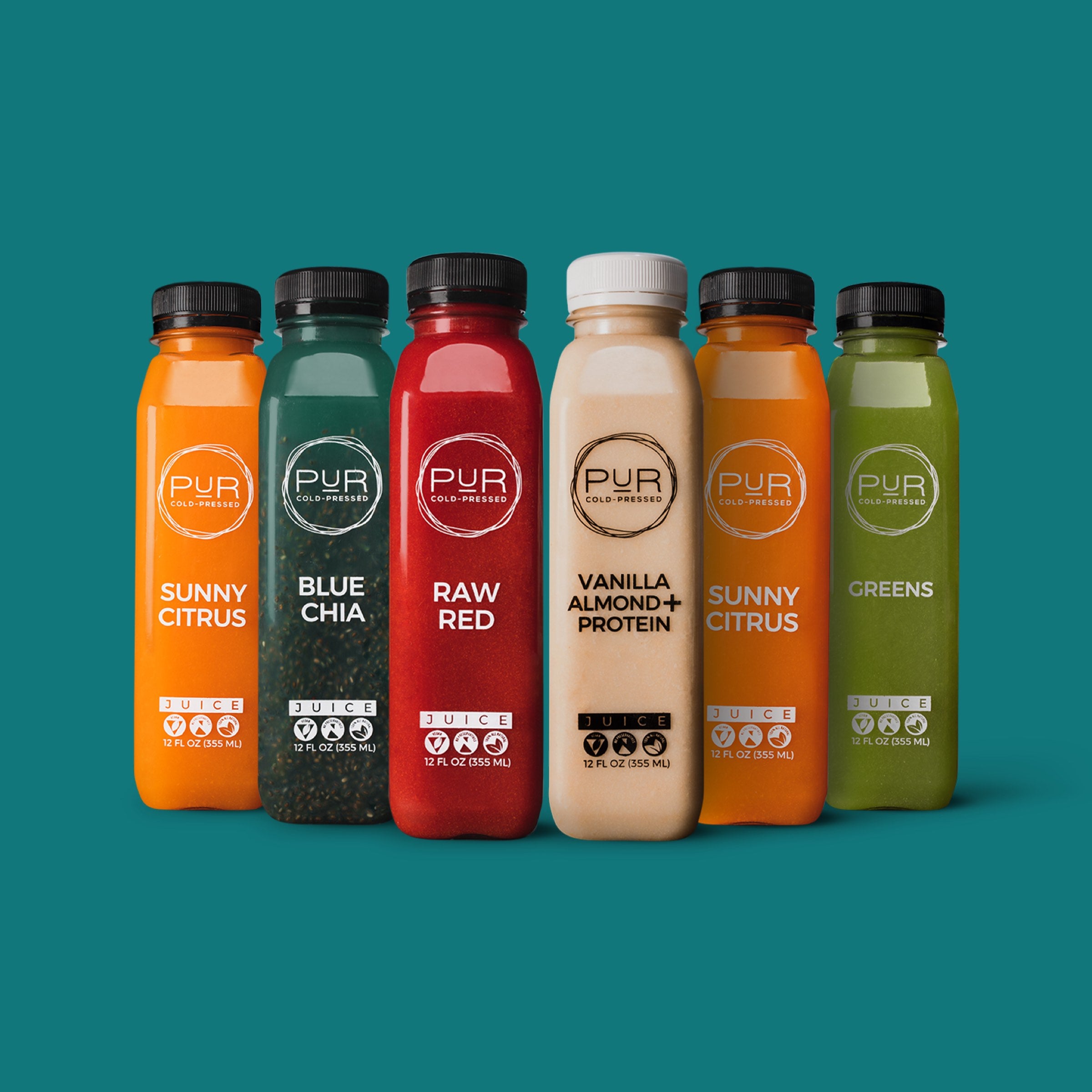
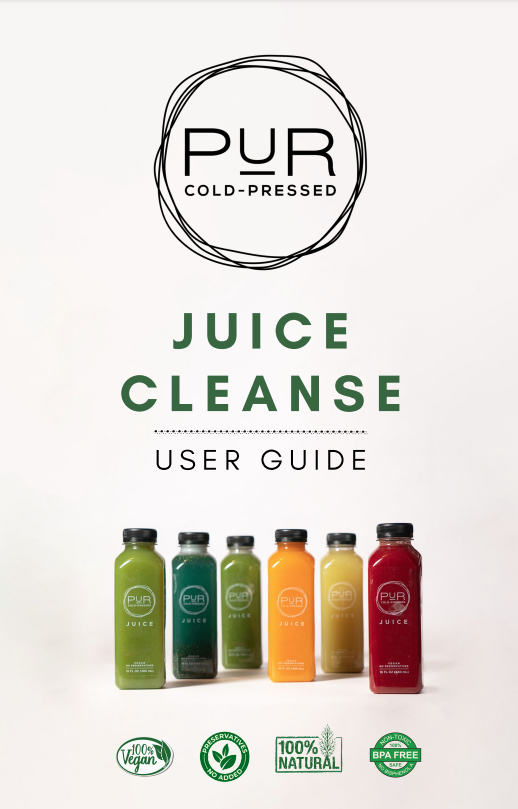
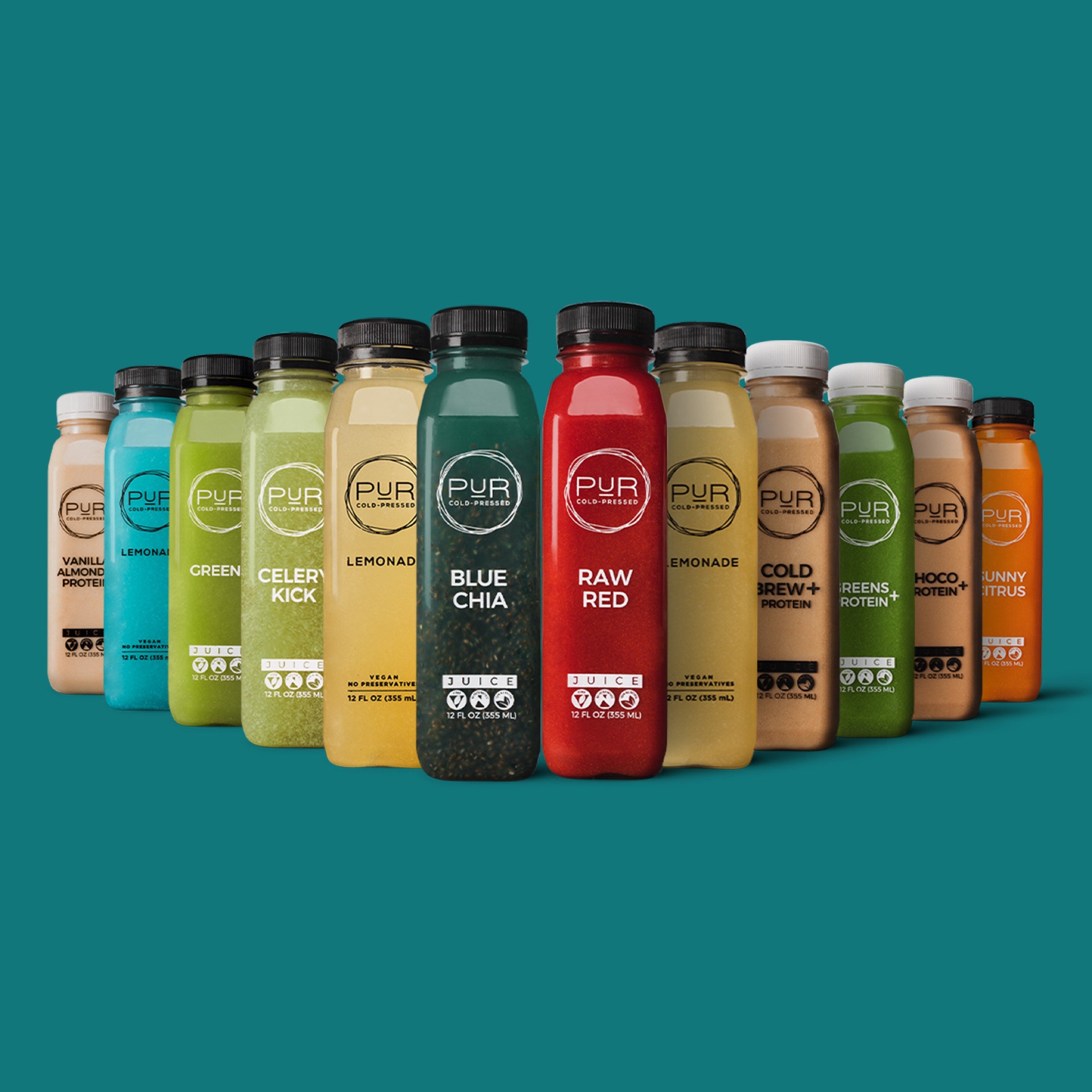
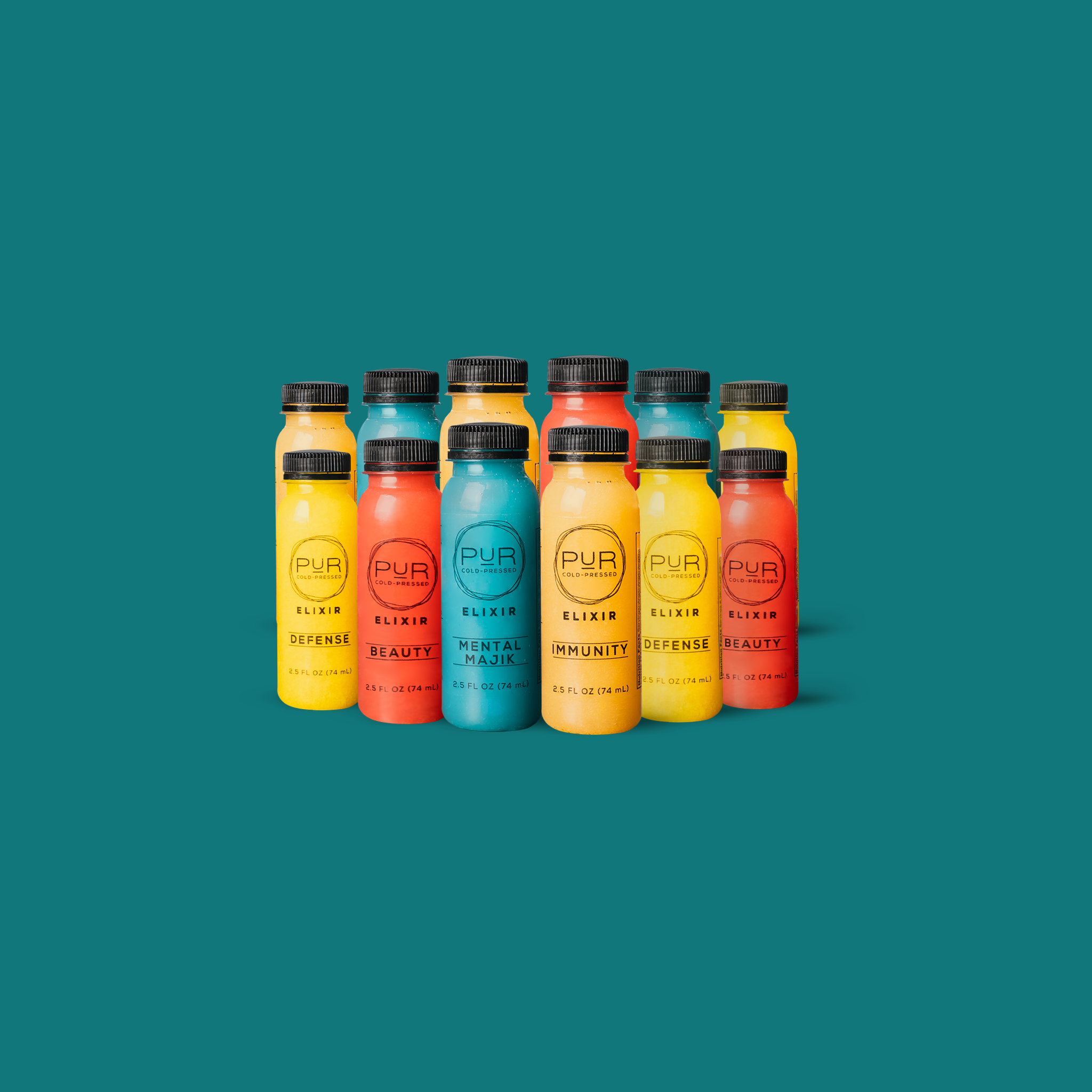
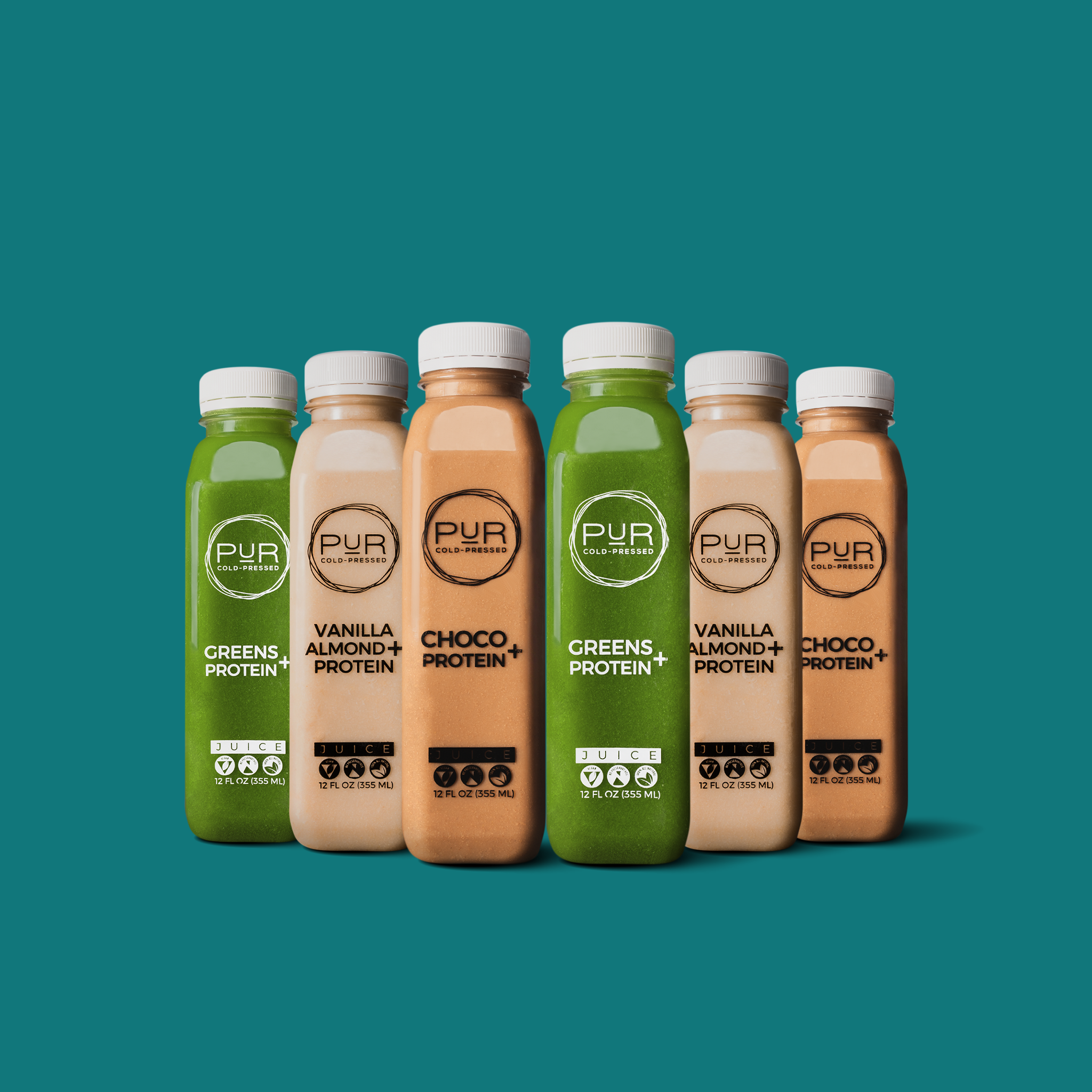
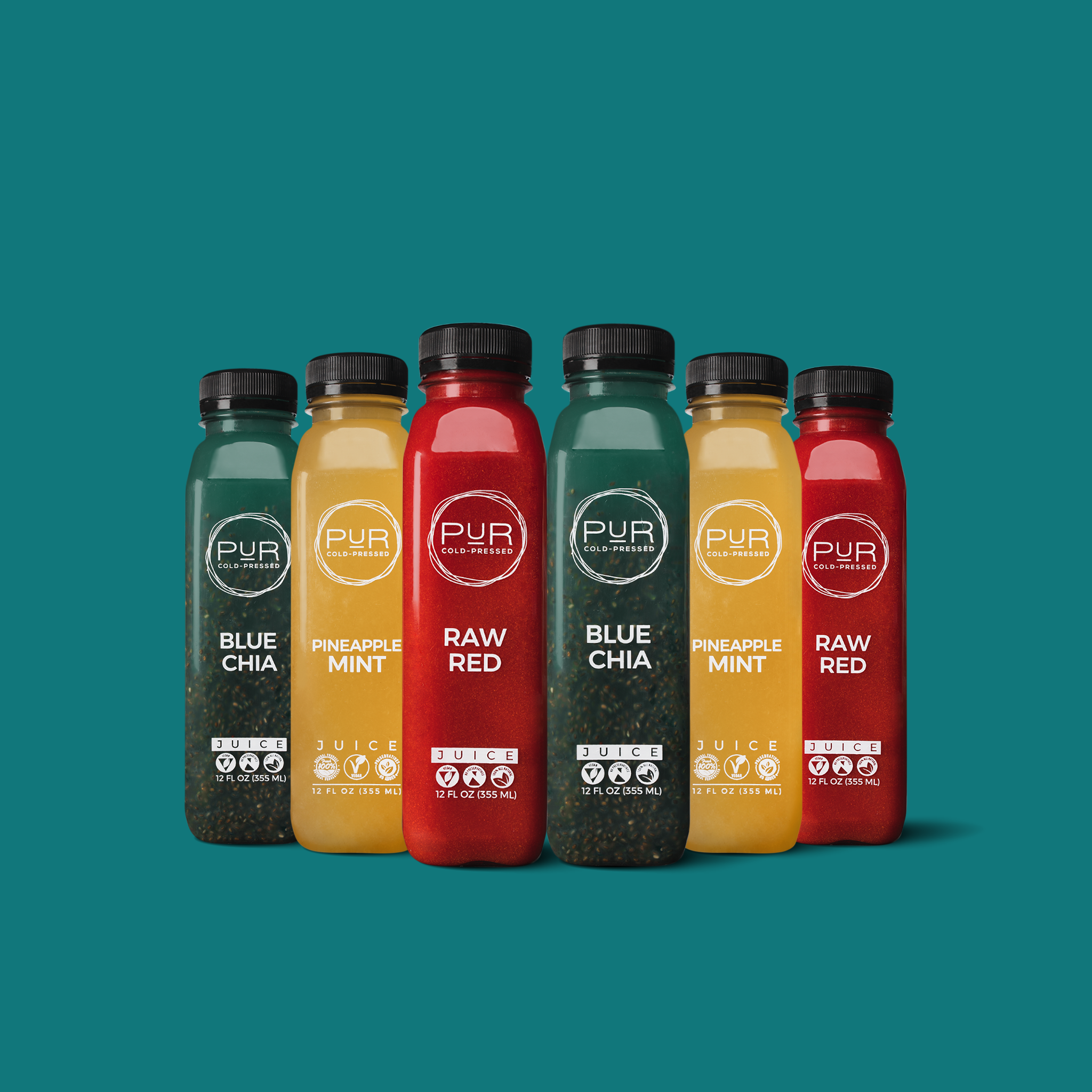
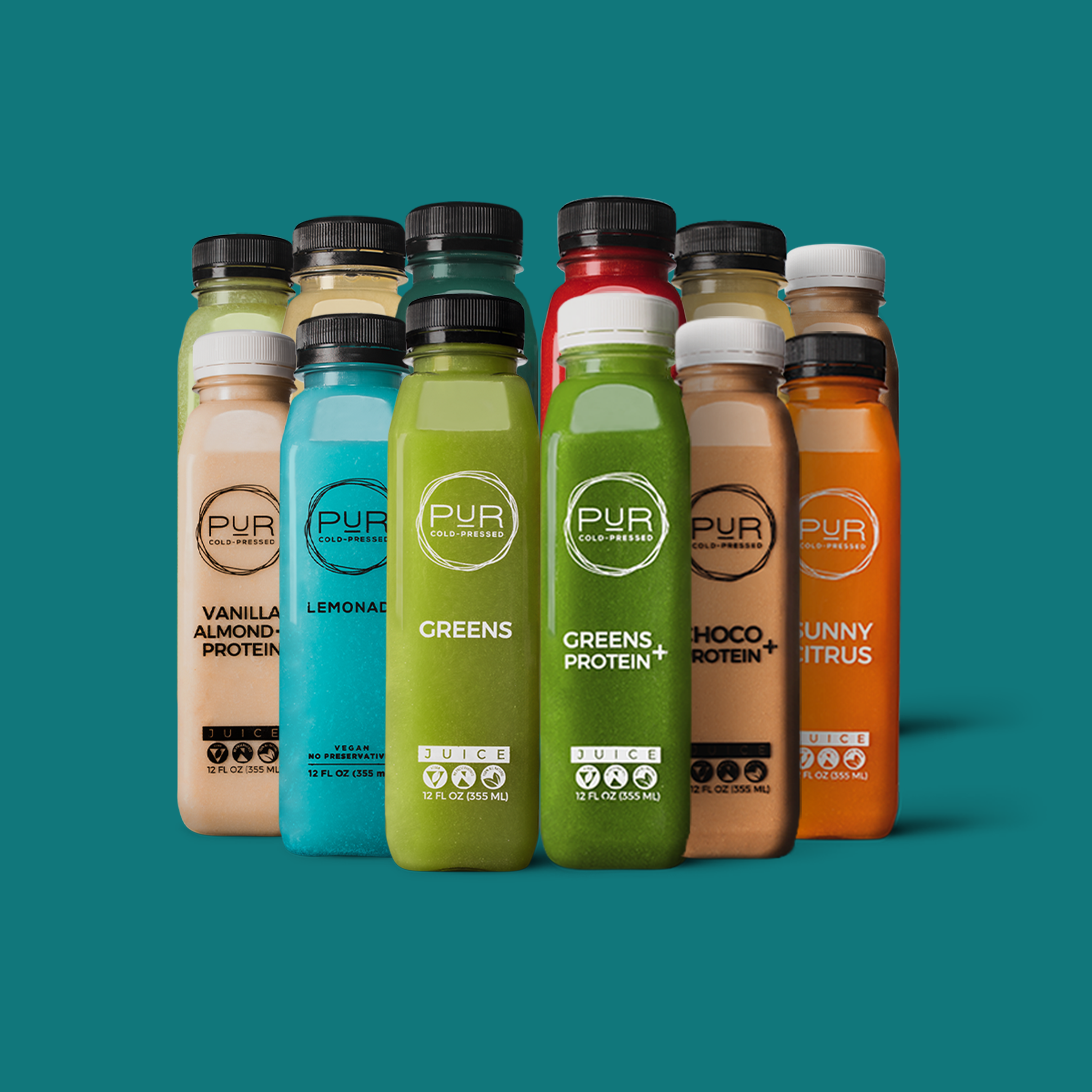


Leave a comment
All comments are moderated before being published.
This site is protected by hCaptcha and the hCaptcha Privacy Policy and Terms of Service apply.